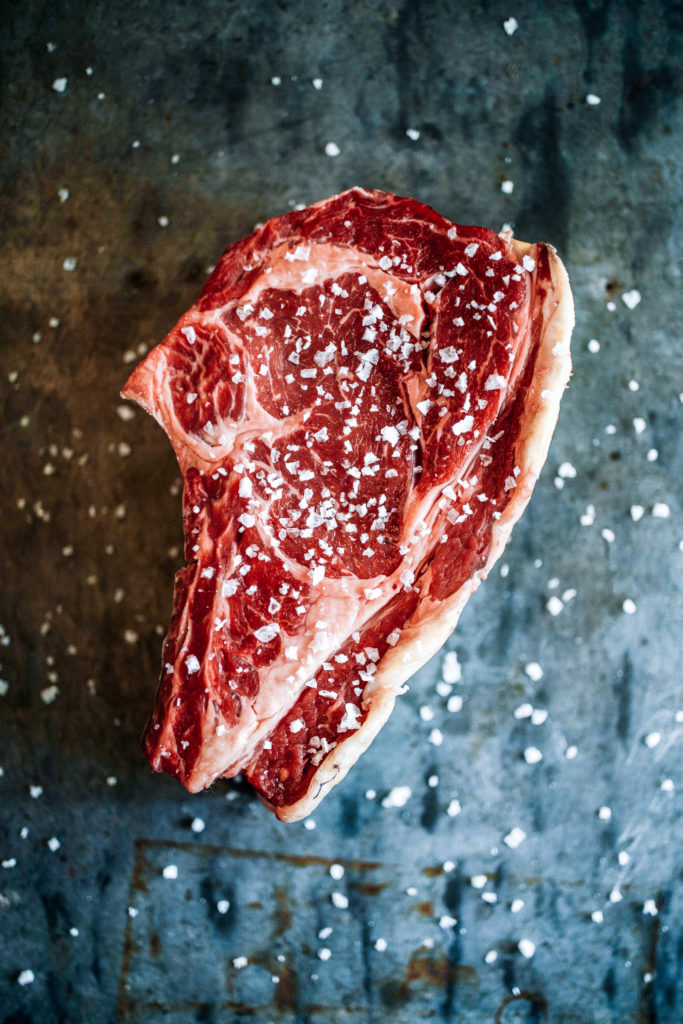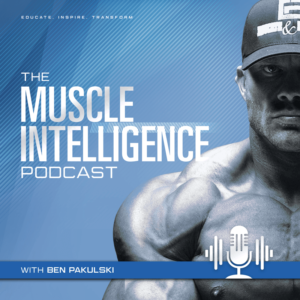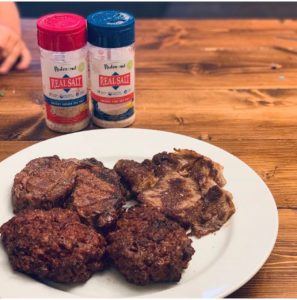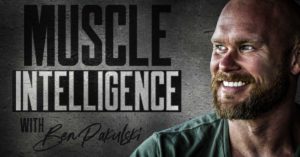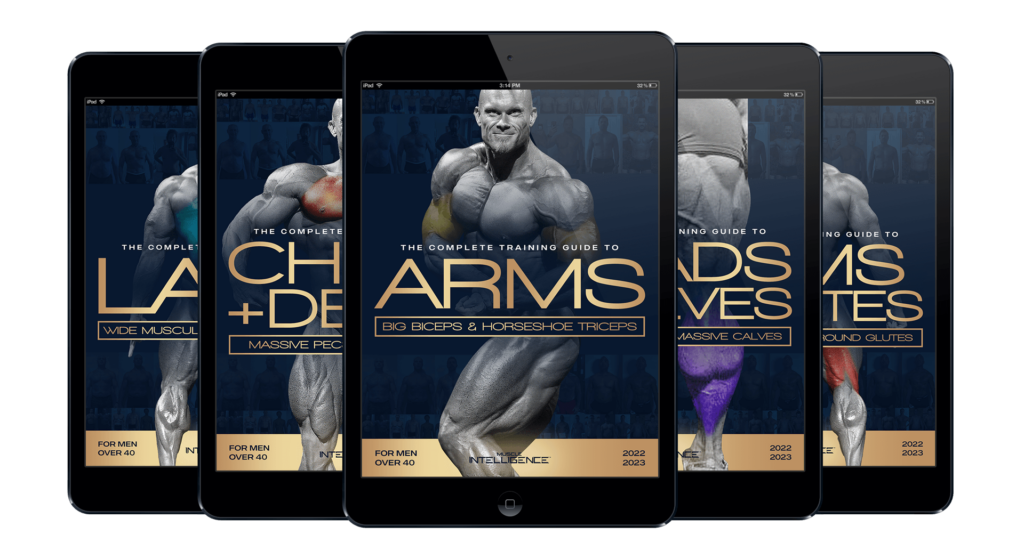By Ben Pakulski
I am often asked about what I’m eating these days, so I thought I’d finally lay it all out for you. Of course, this is not a diet prescription for you to follow; this is what I’m eating for my own optimal health and current goals, which are optimal cognition, consistent energy, and lean muscle maintenance. So, here’s what I’m eating:
Wild game: This usually ends up being ground elk, bison, or beef, and I’m working on incorporating more organ meat into my diet (usually via liver). Whenever possible I source local, grassfed and pasture raised meat, and I tend to eat more red meat (and some fish) than pork or chicken, as I think the former have better nutritional value and, in my opinion, taste better! Check out Belcampo (10% off with code BPAK) and Billings ($20 off your order with code ben) for my favorite sources of meat and fish, respectively
Avocado: Who doesn’t love avocado? It’s a delicious fat source loaded with potassium, healthy fatty acids, and fiber, it also works great as a condiment or burger topping due to its smooth, creamy consistency.
Berries: Berries are the super stars of the fruit world, generally containing far less sugar and far more nutritional value than other fruit. A bowl of blueberries, raspberries, and blackberries for dessert can kill sugar and carb cravings too.
Non-starchy vegetables: These days there seems to be more discussion out there about whether or not human beings should even be eating vegetables, and there is definitely evidence that some people should avoid some vegetables: those with autoimmune issues, for example, may need to avoid nightshades, and some vegetables must be prepared in specific ways in order to get the maximum benefit and minimum phytic compounds, which can be harmful. With that said, most of us would benefit from more leafy green vegetables, for the gut-healthy fiber and the array of vitamins and minerals they provide. Every day, I’m eating heaping portions of salad greens, cabbage, and other non-starchy vegetables.
Coconut oil: Coconut oil is an excellent cooking fat because of its high smoke point and is a great source MCT fatty acids and healthy saturated fat for cognitive support.
Extra virgin olive oil: I never go a day without adding a liberal dose of olive oil to any vegetables I’m eating. The addition of fat makes the nutrients in your vegetables more bioavailable, and good quality olive oil comes with a host of its own benefits, including a range of polyphenols and antioxidants. Also, it’s delicious, and makes “boring” salads instantly more delicious and satiating. My favorite olive oil company is Fresh Pressed Olive Oil Club – I go through about four or five bottles of their olive oil every month! I asked them to provide a deal for my Muscle Intelligence Community, and they generously offered to let you try a full bottle of their 100 % pure, extra virgin olive oil (a $39 value) for just one dollar! Click here to learn more and stock up on my favorite olive oil.
Seasonal and Supplementary foods:
Sweet potato: These days (since I’m no longer competing) my carbohydrate requirements are lower. Still, there are days when I’m busier, working harder in the gym, or just feel like my body requires a bit more carbs, and when that happens, I generally turn to sweet potato. It’s full of fiber and B and C vitamins, and I know that my body tolerates well. And you can prepare it in so many different ways to add variety to your meals: oven baked sweet potato fries or chips, mashed, baked (with coconut oil!), added to your salads and stir-fries, and so on.
White rice: It’s worth noting that I try to eat seasonally, going for fruits and vegetables that are in season and local where possible. In the winter, when we tend to naturally crave more filling, warming, and higher-carb foods, I will enjoy some white rice with my dinner. I prefer white rice over brown rice as a simple carb source because by removing the “bran” you remove much of the phytic acid, which actually makes white rice easier to digest. Remember, we don’t all react the same to carb sources, even “clean” ones, so it’s worth taking the time to play with different carb sources for yourself—rice, potato, oatmeal, starchy vegetables—and see how you feel and perform.
Greens and adaptogenic mushroom powders: Occasionally I’ll add these to smoothies, coffee, or drink them on their own if I feel the need for extra immune and health support. I generally try to get most of my nutrients from fresh food, but I do have some recommendations for greens and mushroom powders – that will have to wait until the next email!
Bonus: Coffee! I figured many of you were hoping to see this on the list, so here it is. I don’t drink coffee every day and I don’t advocate becoming too dependent on a morning caffeine fix, but high quality coffee can offer cognitive and performance benefits as well as a dose of antioxidants, and it’s a delicious addition to a morning routine.
Are there any foods you eat consistently that I haven’t included here? I’d love to hear from you. Tag @muscleintelligencepodcast in your food pics on Instagram and let us know how you’re fueling your workouts and your life.

